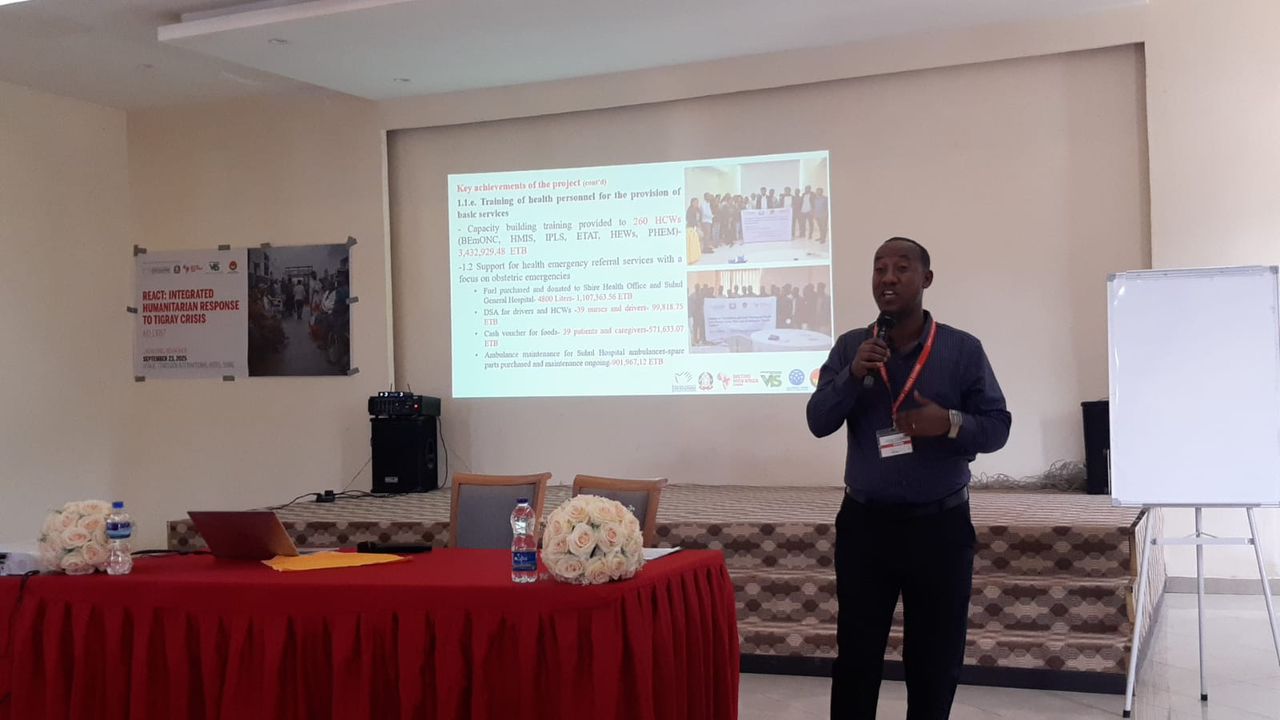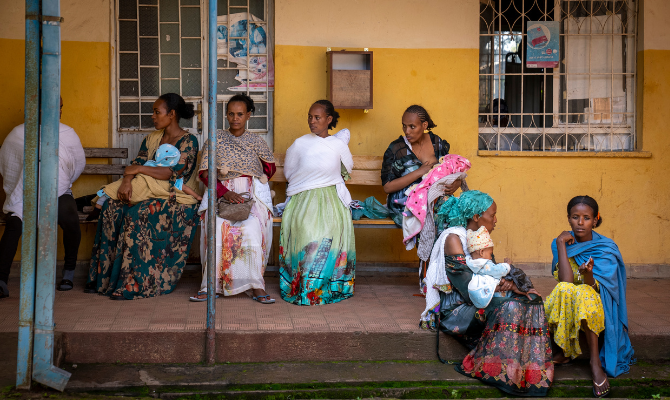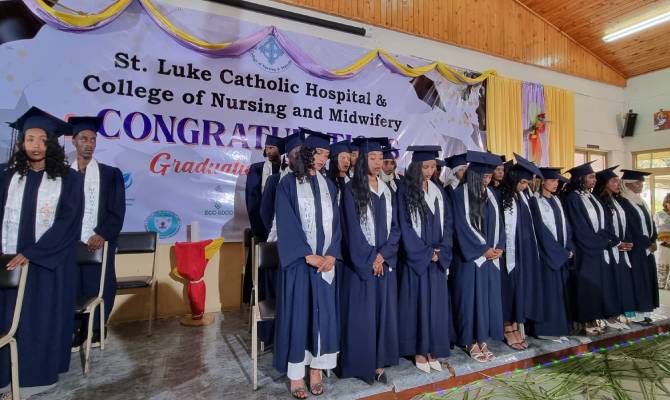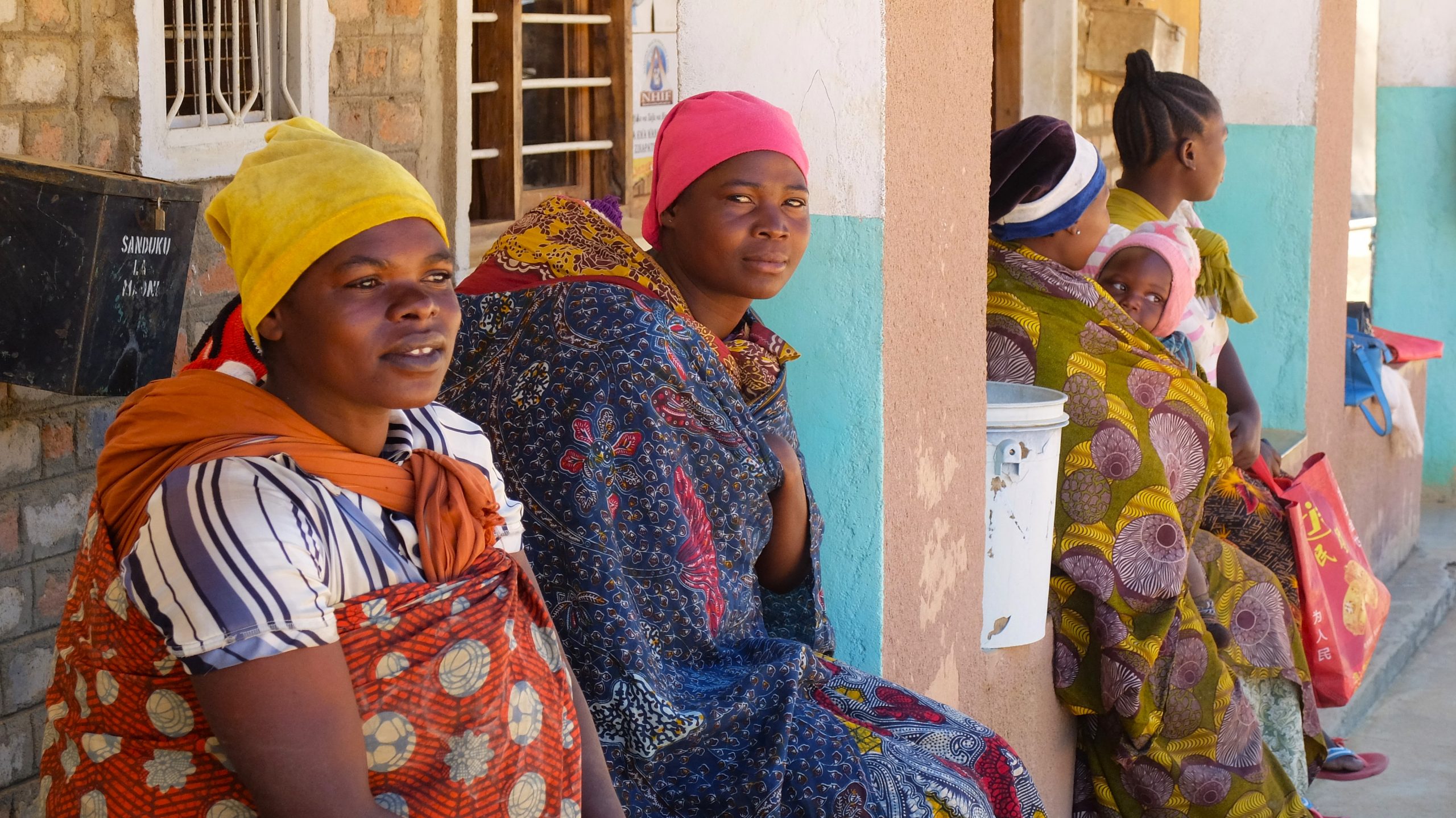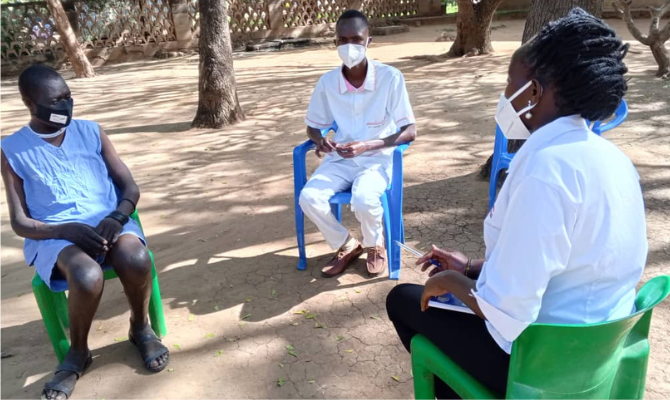They are women, children, and the elderly: an entire community that continues to face conflict, internal displacement, and natural disasters in the Tigray region of northern Ethiopia. In the face of this severe humanitarian crisis, the Italian Agency for Development Cooperation (AICS) has committed to ensuring continuity of aid for these vulnerable populations. It is consolidating the progress made with the concluding project, “Restoration Of Essential Health, Nutrition And Food Assistance Services In Shire, Tigray” with a new and important intervention titled “REACT: Integrated Humanitarian Response to the Tigray Crisis.”
The commitment is truly to react, despite all the difficulties, and continue supporting access to essential services for these populations affected by recurring crises.
The new intervention, officially launched on September 23 in Shire, Ethiopia, is being implemented by Doctors with Africa CUAMM in collaboration with Vis and the Salesiani di Don Bosco. The opening event was attended by representatives from the signatory regional offices, local health offices, humanitarian partners, as well as directors and CEOs of the region’s health facilities. The participants expressed great appreciation for the results achieved by CUAMM and outlined future activities within the AICS emergency projects. In particular, Mr. Gebremichael, director of the Axum Blood Bank, highlighted how CUAMM is trying to fill the gaps in the system: “So far, almost no humanitarian organization has supported the health system by integrating blood bank services. However, CUAMM is providing both technical and logistical support to enable the Bank to operate at full capacity. This support plays a crucial role in reducing maternal and infant mortality, which is often caused by a shortage of blood supplies in the reference area that covers almost two zones and a population of about 3 million people.”
The new project aims to improve access to essential health, nutrition, and protection services in the Woredas of Shire Indasilasse and Indagabuna, with a particular focus on women and children. Specifically, the intervention involves the Suhul General Hospital in Shire, the Indagabuna Primary Hospital, and four health centers. At the same time, it intends to improve access to food for displaced families, promoting an increase in the availability of agricultural inputs and productive capacity for families in rural areas.
An often-forgotten crisis, what is happening in Tigray has made its population extremely vulnerable. Instability and climate disasters have severely undermined food security and access to essential services, particularly affecting women, children, and the elderly and causing hundreds of thousands of internally displaced persons (IDPs). Rural areas, in particular, suffer from a severe scarcity of resources, and the mountainous nature of the region further complicates access to essential services.
The population’s precarious hygienic, health, and social conditions, along with the lack of functioning health facilities, have increased the risk of morbidity and mortality. Even before the crises, Tigray had high rates of maternal mortality (267 per 100,000 live births) and neonatal mortality (27 per 1,000 live births). Essential health service coverage is poor, with a low percentage of births assisted by qualified personnel.
In continuity with the first intervention, REACT focuses on restoring the functionality and quality of health facilities, with a focus on the delivery room and the Neonatal Intensive Care Unit (NICU) of Indabaguna Primary Hospital, as well as strengthening the Water, Hygiene, and Sanitation (WASH) system.
The goal is to ensure the continuous availability of essential resources, such as medicines, equipment, and consumables, by promoting the introduction of a sustainable maintenance and management system. Additionally, the project provides fuel for generators to ensure the continuous operation of health facilities.
With a view to strengthening the health system as a whole, as emphasized by local authorities, it is essential to enhance emergency services, with a focus on obstetric, pediatric, and neonatal emergencies. Furthermore, support is provided for the full operability and functionality of the Axum Blood Bank and the consolidation of the one in Shire Hospital, promoting awareness campaigns on blood donation. In the nutritional field, the project promotes the strengthening of integrated nutritional services, with particular attention to children under 5, pregnant, and lactating women, thanks to the involvement of community health workers, the Health Extension Workers (HEWs), and village leaders.
No less important is the focus on skill training and capacity building for local health personnel, with constant technical support. To improve the quality of care, a midwife will be placed at Indabaguna Primary Hospital, who will also ensure regular monitoring visits to first-level health centers. Additionally, a pediatric nurse will be at Suhul General Hospital for the NICU and the “Kangaroo care” area, the practice that involves skin-to-skin contact between a premature newborn and their parents. The nurse will, in rotation, ensure regular monitoring of pediatric activities at both Indabaguna Primary Hospital and the health centers. Finally, there will be a senior health officer to supervise the quality of care provided in all facilities.
Priority attention will be given to women and girls, by improving sexual and reproductive health services, with awareness and health education campaigns; strengthening systems for the prevention of and response to gender-based violence and sexual abuse and exploitation (PSEAH); and providing comprehensive, gender-sensitive mental health services (MHPSS).
Adopting a long-term development perspective is an integral part of CUAMM’s cooperation approach. This is also the case in Tigray, because by involving local authorities and communities, the organization is committed to planning and implementing risk mitigation and response interventions for potential future crises.
